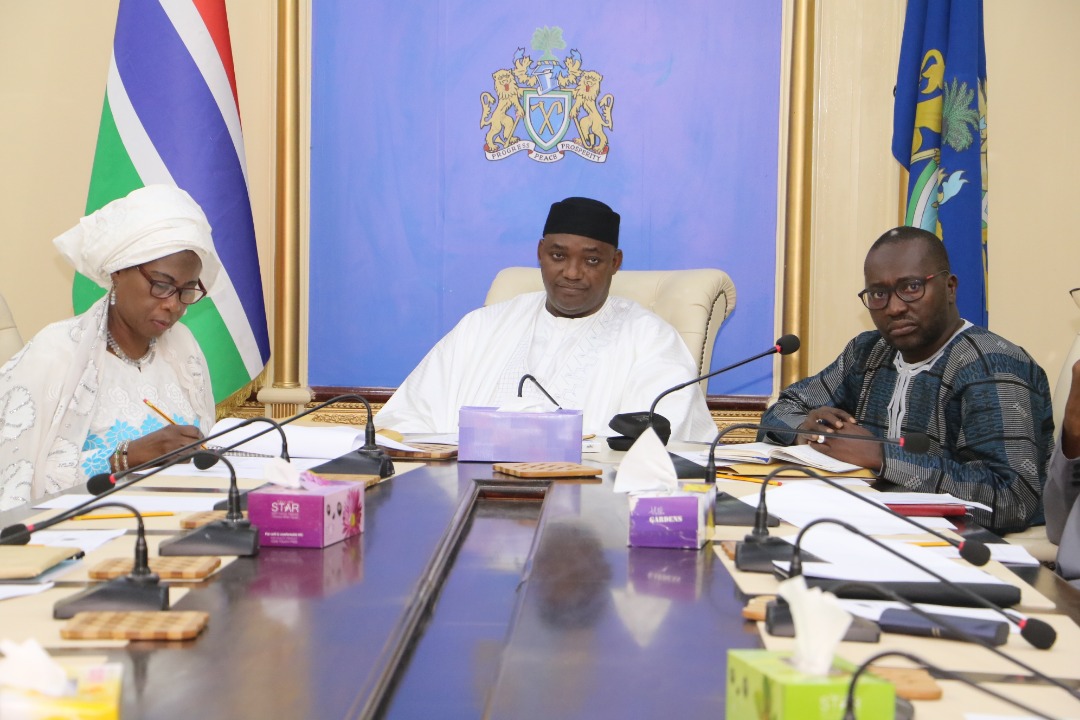By: Nyima Sillah
The Director of Employment at the Ministry of Trade, Industry, Regional Integration and Employment (MoTIE), Faba Jammeh, has stated that the Gambia’s bilateral labouragreement is one way to stabilize the country’s labour market.
In an exclusive interview with this medium, Jammeh said:“The bilateral labour agreement is a stabilization process in ensuring that we are able to stabilize the labour market. We know that we also need jobs in The Gambia but for now, one way of stabilizing the system is the bilateral labour agreement that we are signing.”
He explained that the Ministry is working hard to ensure that more people get into the job market, but that they face the challenge of job stereotyping, adding that the work that will be done in other countries is available in The Gambia but payments are one way to motivate.
“This is why the Joint Industrial Council came into being. Itwill look at the minimum wage so that once a minimum wage is decided, that can be a motivation for people to look back. Those that are going to other countries when they come, they will have an opportunity to invest in some other areas and ensure they bring onboard other Gambians into their investment,” he pointed out.
Meanwhile, Jammeh emphasized that for domestic work, they want people to reorient themselves so that they can go as domestic workers outside The Gambia, but added that having a decent pay is what is important in the labor market.
“Decency in terms of payment can at least bring back that orientation for national development. For now, we have to stabilize the labour market so that we all take a position and see how we can get employment opportunities across the labour market,” he stressed.
He disclosed that the process of recruiting domestic workers to Saudi is progressing as they are currently at the level of visas, noting that nine visas have been secured for now, saying the process is ongoing as their target is to at least send 30 female domestic workers to Saudi.
“There is also a medical examination process for the domestic workers; names of those that qualify will be sent to the embassy for their visas but if you have an issue with your health, you can’t get a visa,” he explained.
Jammeh further explained that plans are in the pipeline for the ministry to send an advance party to Saudi for inspection before domestic workers could depart.





